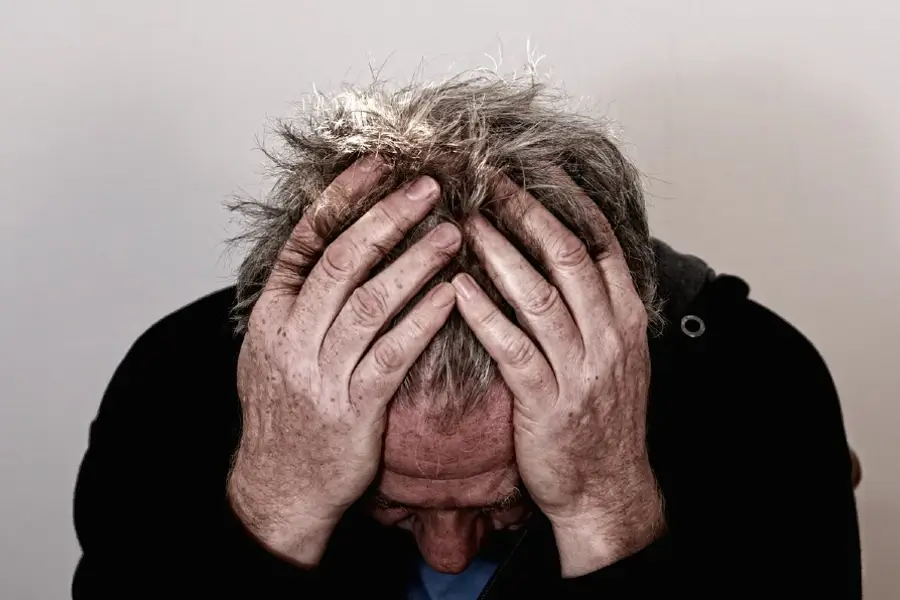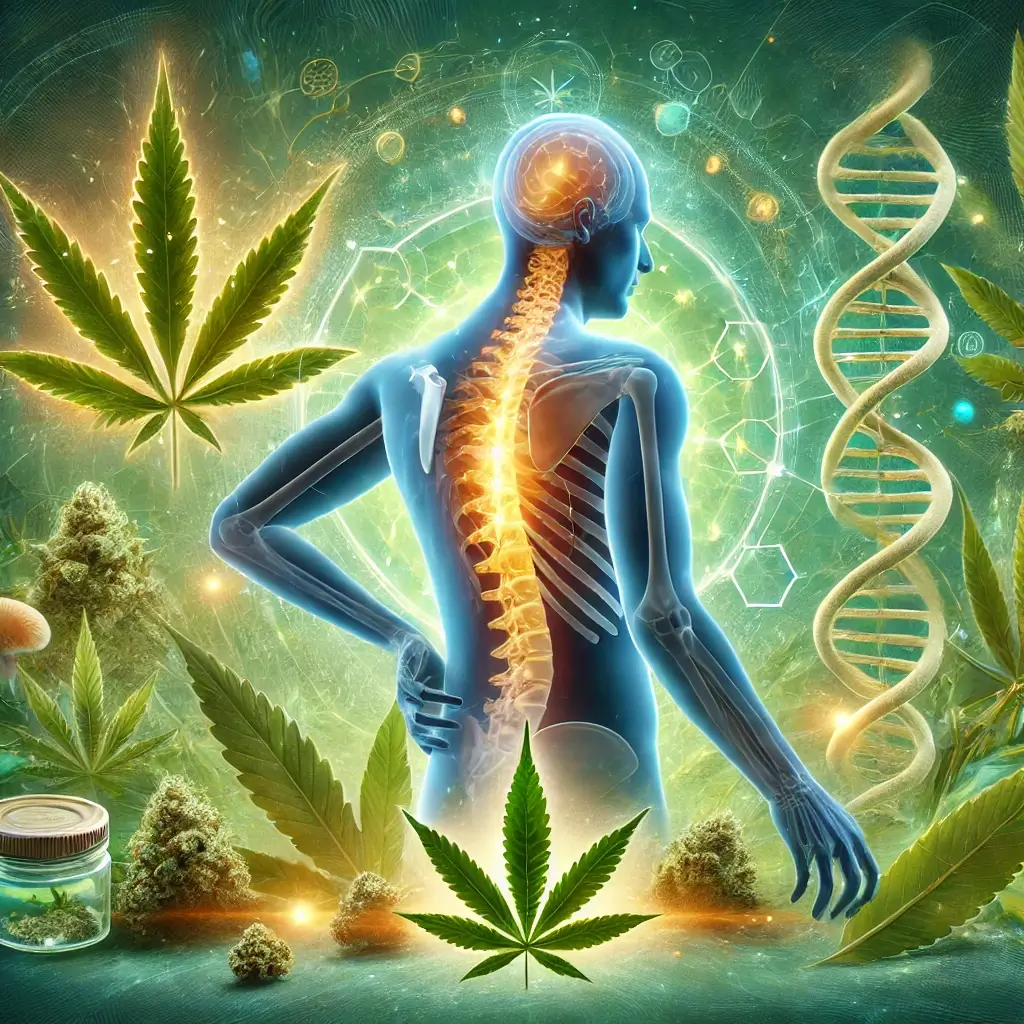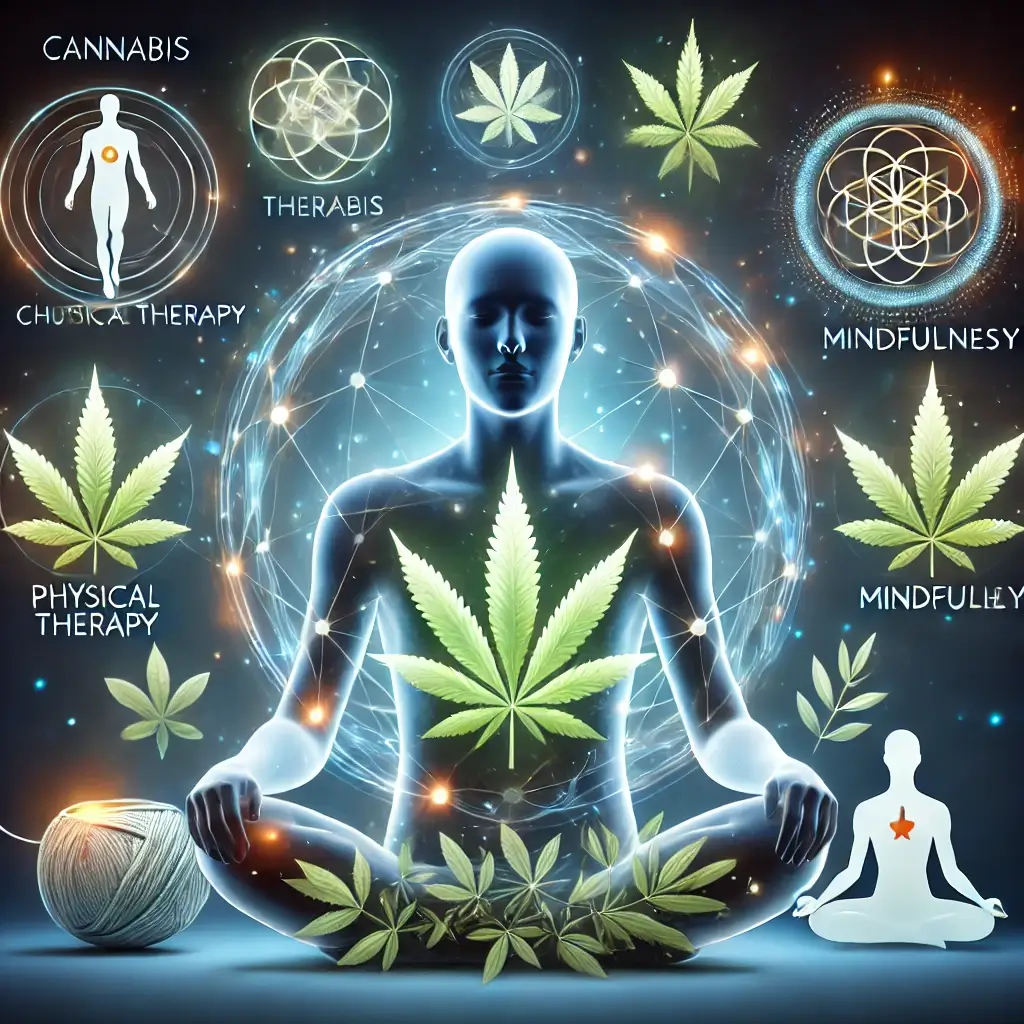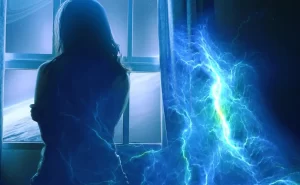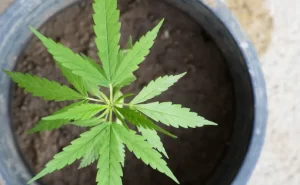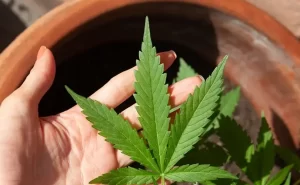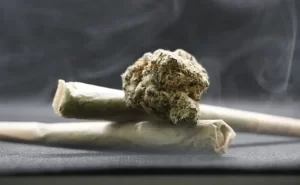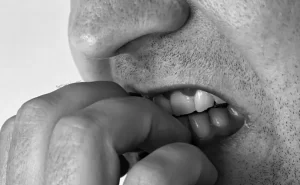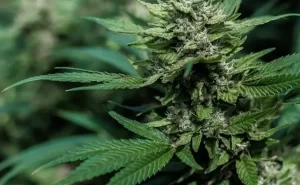How Cannabis and Psilocybin May Benefit Some of the 50 million Americans
Cannabis and psilocybin are two drugs that are gaining popularity for their ability to help treat a variety of health ailments. Here’s how they could help some of the 50 million Americans battling with mental health issues.
Cannabis
Disorders with Potential Benefits: Research indicates that cannabis may provide some relief for symptoms of disorders such as:
Chronic pain: Cannabis may help control chronic pain by interacting with the endocannabinoid system, which regulates pain perception.
Anxiety: Some research suggests that specific cannabis strains may help some people alleviate their anxiety symptoms. However, intense THC levels or specific strains may exacerbate anxiety.
Insomnia: Cannabis may help some people sleep better by boosting relaxation and relieving nighttime pain.
Important considerations:
Limited and Inconsistent data: The data for cannabis in treating mental health disorders is still evolving, and findings can vary between studies.
Potential Side Effects: Cannabis use can produce intoxication, poor cognitive function, and an increased risk of psychosis in some people.
Legal Status: Cannabis is outlawed at the federal level, although state regulations vary. In states where medical cannabis is permitted, obtaining a doctor’s recommendation is required.
Psilocybin
Conditions with Potential Benefits: Early study suggests psilocybin, the hallucinogenic ingredient present in certain mushrooms, may be beneficial for:
Treatment-resistant depression: Research has indicated that psilocybin-assisted therapy can reduce symptoms of depression that have not responded to standard treatments.
Anxiety problems: According to research, psilocybin therapy may be beneficial for those suffering from anxiety disorders such as OCD and social anxiety.
Important considerations:
Limited Availability: Psilocybin is a Schedule I controlled substance in the United States, making research and availability challenging.
Profound Psychological Effects: Psilocybin can create profound psychological experiences, and treatment is necessary to help patients navigate these experiences safely and successfully.
Additional Research: While the first findings are promising, further research is needed to prove the long-term efficacy and safety of psilocybin therapy.
In recent years, there has been a surge of interest in the therapeutic potential of cannabis and psilocybin.
In recent years, there has been a surge of interest in the therapeutic potential of cannabis and psilocybin in the treatment of a variety of mental health issues. Cannabis, often known as marijuana, has been demonstrated to help manage anxiety, sadness, and post-traumatic stress disorder (PTSD).
Similarly, psilocybin, the main element in magic mushrooms, has been shown to have potential effects in treating depression, anxiety, and addiction.
Despite these promising findings, further study is needed to strengthen the evidence base for the use of cannabis and psilocybin in mental health treatment. This is because much of the available research is limited in scope and plagued by methodological difficulties such as small sample numbers and a lack of control groups.
Furthermore, there are worries about the hazards and side effects of using these medications, particularly in people with pre-existing mental health disorders or those who are prone to addiction.
Considering their limitations and legal status, you must visit with a healthcare expert to review traditional therapy choices.
Despite these limitations, there is considerable hope for the potential advantages of cannabis and psilocybin in mental health treatment. As a result, more rigorous and well-designed research is required to investigate these compounds’ medicinal potential further.
This will not only help us understand their potential benefits but will also guarantee that they are utilized safely and efficiently to treat mental health disorders.
Suppose you are suffering from a mental health illness. In that case, considering their limitations and legal status, you must visit with a healthcare expert to review traditional therapy choices and determine whether these developing therapies could be a valuable supplement to your treatment plan.
